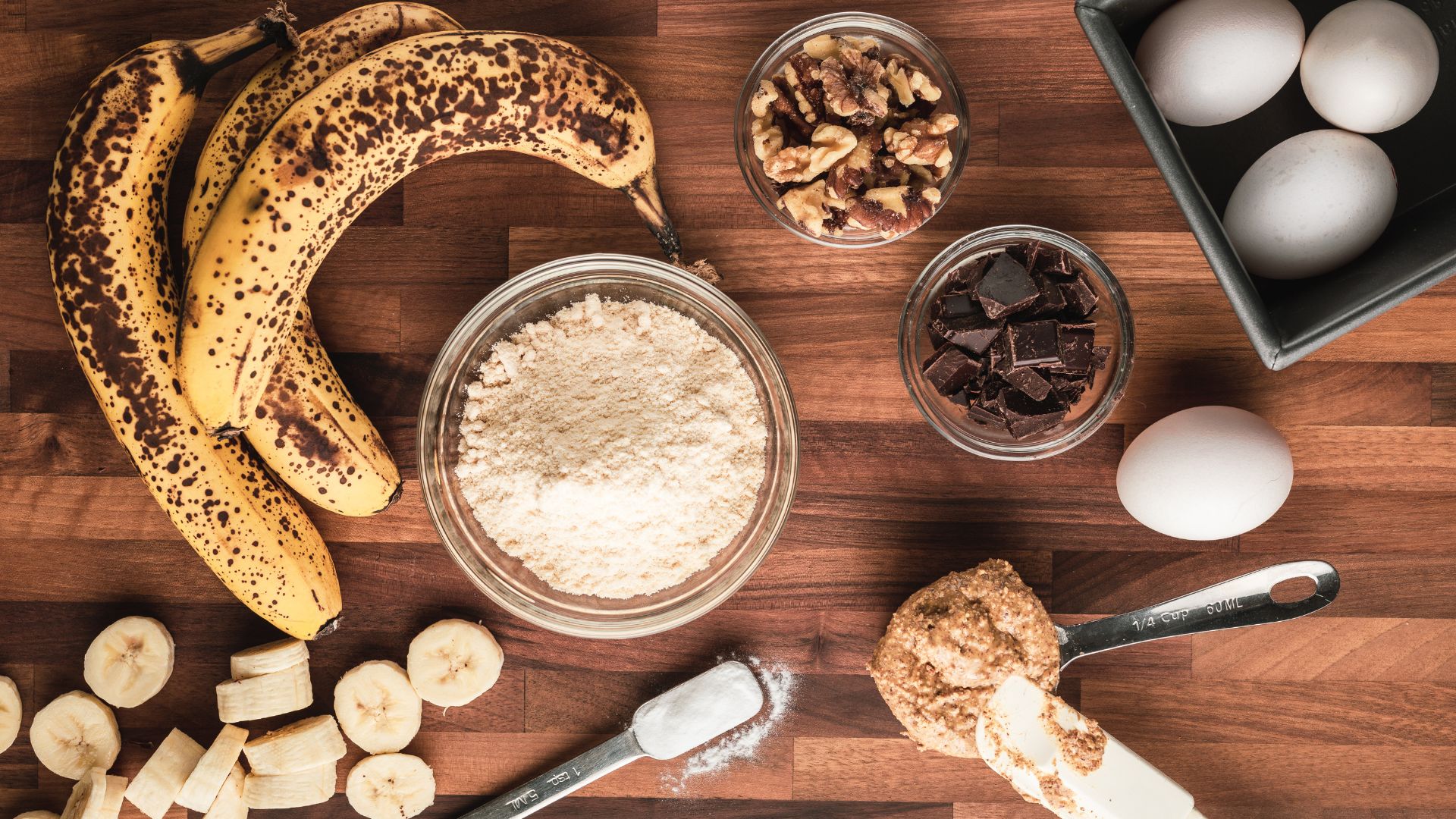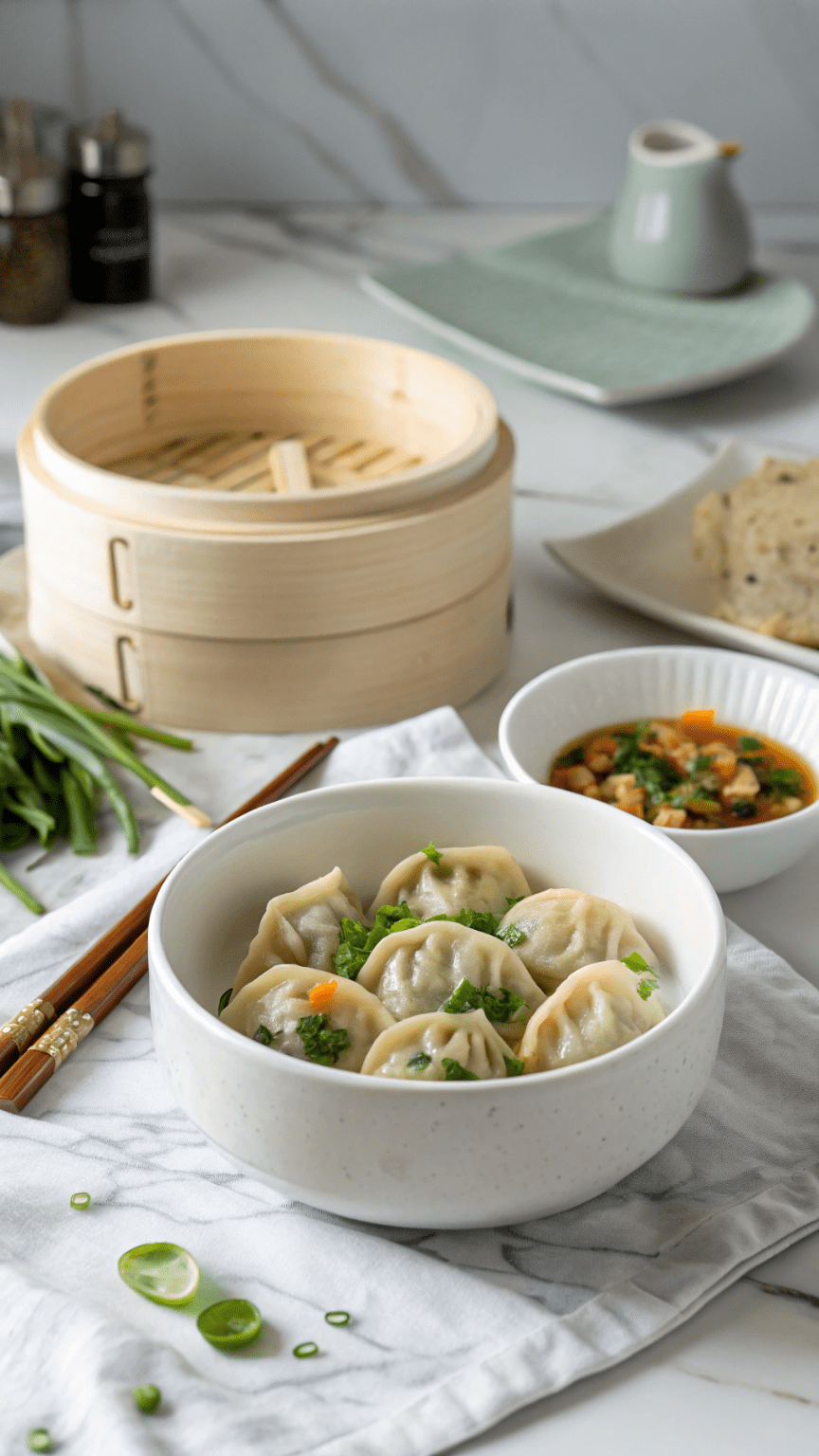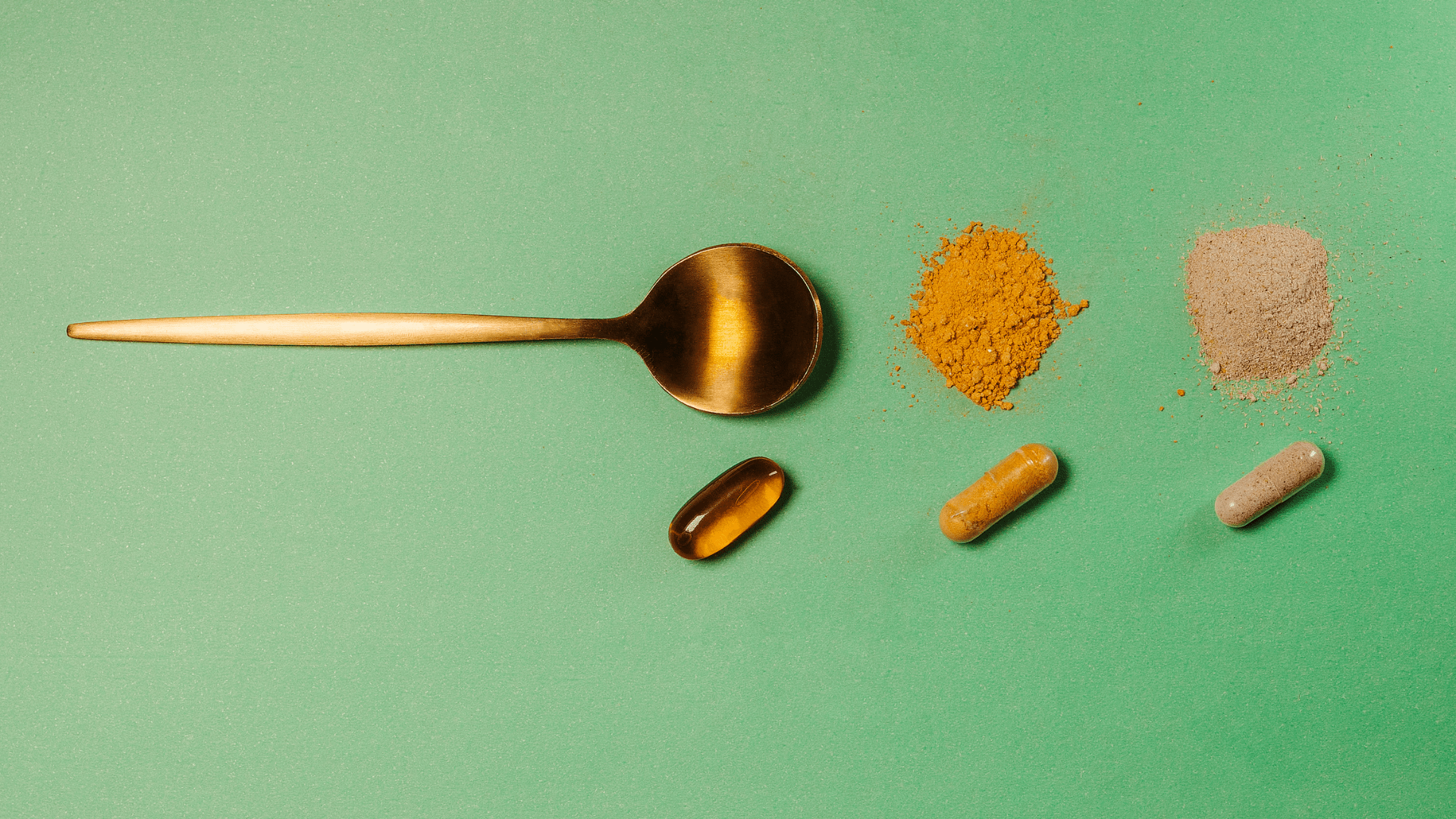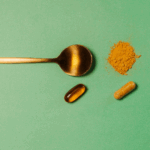10 Ways to Reduce Sugar Intake

If you’re looking to cut down on your sugar consumption without feeling like you’re missing out, look no further.
In this article, we’ll explore 10 incredibly simple and effective methods to help you reduce your sugar intake. From swapping sugary drinks for healthier alternatives to making smart snack choices, these tips will ensure you can still enjoy a sweet treat while maintaining a balanced diet. So, say goodbye to those sugar cravings and hello to a healthier, happier you!
Read Food Labels
Check the total sugar content
When trying to reduce your sugar intake, the first step is to read food labels. Look for the “Sugars” section on the label and check the total sugar content per serving. This will give you an idea of how much sugar the product contains. Keep in mind that ingredients are listed in descending order by weight, so if sugar is one of the first few ingredients, it means the product is likely high in sugar. Being aware of the total sugar content will help you make more informed choices when it comes to your food options.
Look out for hidden sugars
It’s not just the obvious sugary foods like candies and sodas that can contribute to your sugar intake. Many processed and packaged foods contain hidden sugars. These include items like pasta sauces, salad dressings, and even savory snacks. Sugar can be listed under different names in the ingredients, such as high fructose corn syrup, dextrose, or maltose. Being mindful of these hidden sugars will help you avoid unnecessary sugar consumption and make healthier choices.
Be mindful of portion sizes
When reading food labels, it’s important to take note of the serving size as well. Sometimes a product may seem low in sugar, but if the serving size is small and you consume more than the recommended amount, the sugar intake can quickly add up. Pay attention to how much you are actually eating and adjust accordingly. This will help you control your sugar intake and maintain a balanced diet.
Choose Whole Foods
Opt for fresh fruits and vegetables
One of the best ways to reduce sugar intake is by incorporating more fresh fruits and vegetables into your diet. These whole foods are naturally low in sugar and provide essential nutrients, vitamins, and fiber. Instead of reaching for a sugary snack, try grabbing an apple or a handful of berries. Not only will you satisfy your sweet tooth, but you’ll also nourish your body with nutrients.
Include lean proteins
When planning your meals, make sure to include lean proteins. Sources such as chicken, fish, tofu, and legumes are not only important for muscle growth and repair, but they also help balance your blood sugar levels and keep you feeling full for longer. By including lean proteins in your meals, you can reduce the need for sugary snacks and maintain a steady energy level throughout the day.
Select whole grains
Incorporating whole grains into your diet is another great way to reduce sugar intake. Replace refined grains like white bread and white rice with whole grain options such as whole wheat bread, brown rice, and quinoa. Whole grains are rich in fiber, which slows down the digestion of sugars and prevents blood sugar spikes. By making this simple switch, you can lower your overall sugar consumption and improve your overall health.
Avoid Sugary Drinks
Steer clear of soda and soft drinks
Soda and soft drinks are notorious for their high sugar content. Just a single can of soda can contain up to 40 grams of sugar, which is equivalent to 10 teaspoons! These sugary beverages provide empty calories and can contribute to weight gain and various health issues. Opt for healthier alternatives like water, sparkling water, or herbal teas to quench your thirst and avoid unnecessary sugar.
Limit fruit juices
While fruit juices may seem like a healthier option, they are often loaded with added sugars and lack the fiber found in whole fruits. When consuming fruit juices, your body absorbs the sugars faster, leading to blood sugar spikes. It’s best to limit your intake of fruit juices and opt for whole fruits instead. If you do enjoy a glass of juice, make sure it is 100% pure juice without any added sugars.
Drink water or unsweetened beverages instead
The best way to hydrate your body without consuming unnecessary sugar is by drinking water or unsweetened beverages. Water is essential for overall health and can be flavored with slices of fruits or herbs for a refreshing twist. Unsweetened herbal teas or naturally flavored sparkling water are also great alternatives to sugary drinks. By choosing these options, you can quench your thirst and stay hydrated without the negative effects of excessive sugar intake.

Reduce Added Sugar in Recipes
Use less sugar when cooking or baking
When preparing meals or baking treats, you can reduce the amount of sugar without compromising taste. Start by using less sugar than the recipe calls for; often, you can cut the amount by up to a third without noticing a significant difference in flavor. For example, instead of adding a full cup of sugar, try using two-thirds or even half a cup. Experiment with different levels of sweetness to find what works best for you.
Experiment with alternative sweeteners
Instead of relying solely on refined white sugar, try experimenting with alternative sweeteners. Natural sweeteners like honey, maple syrup, and agave nectar can be used as substitutes in many recipes. These options provide additional nutrients and have a lower glycemic index, meaning they have less impact on blood sugar levels. However, it’s important to remember that even natural sweeteners should be used in moderation.
Enhance flavors with herbs and spices
Another way to reduce the need for excessive sugar in recipes is to enhance flavors with herbs and spices. Cinnamon, nutmeg, vanilla extract, and cocoa powder can add depth and sweetness to dishes without the need for additional sugar. By incorporating these natural flavors, you can reduce your sugar intake while still enjoying delicious and tasty meals.
Control Sugar in Coffee and Tea
Cut back on sugar or switch to natural sweeteners
If you’re used to adding sugar to your coffee or tea, it’s time to cut back. Gradually reduce the amount of sugar you add until you no longer need it. Alternatively, switch to natural sweeteners like stevia, a plant-based sweetener that has zero calories and does not raise blood sugar levels. By reducing or eliminating sugar in your coffee and tea, you’ll significantly reduce your daily sugar intake.
Gradually reduce the amount of sugar added
Cutting back on sugar doesn’t have to happen overnight. It’s important to make the transition gradually, especially if you’re accustomed to heavily sweetened beverages. Start by reducing the amount of sugar you add by a teaspoon each day until you’re comfortable with less sweetness. Your taste buds will adjust over time, and you’ll find that you no longer crave excessive sugar in your drinks.
Explore sugar-free or flavored alternatives
If you’re looking for additional options to replace sweetened coffee or tea, consider trying sugar-free or flavored alternatives. There are many sugar-free syrups and creams available that can add flavor without the added sugar. Additionally, herbal teas or infusions can provide a naturally sweet taste without any sugar. Experiment with different flavors and find what works best for you and your taste preferences.
Limit Processed and Packaged Foods
Avoid pre-packaged meals and snacks
Processed and packaged foods are often high in added sugars and can contribute to excessive sugar intake. These convenience foods often contain hidden sugars to enhance flavor and increase shelf life. To reduce your sugar intake, try to avoid pre-packaged meals and snacks as much as possible. Instead, opt for fresh, whole food alternatives that you can prepare at home.
Check ingredient lists for added sugars
When you do purchase packaged foods, make sure to check the ingredient lists for added sugars. As mentioned earlier, sugars can be listed under different names. Look out for ingredients like corn syrup, sucrose, maltose, and other sugar derivatives. The higher these ingredients are on the list, the more sugar the product contains. By being diligent in reading ingredient lists, you can make more informed choices and select products with lower sugar content.
Prepare homemade versions instead
The best way to avoid hidden sugars in processed and packaged foods is to prepare homemade versions. This way, you have control over the ingredients you use and can choose healthier alternatives. For example, you can make your own granola bars using oats, nuts, seeds, and a small amount of natural sweetener. By taking the time to prepare homemade meals and snacks, you can significantly reduce your sugar intake and ensure that you’re nourishing your body with wholesome ingredients.
Be Mindful of Condiments and Sauces
Choose low-sugar options
Condiments and sauces, such as ketchup, barbecue sauce, and salad dressings, can easily sneak in added sugars. When selecting condiments, make sure to choose low-sugar or sugar-free options. Read the labels and opt for products with the least amount of added sugars. Alternatively, you can make your own versions at home using natural ingredients and minimal sweeteners.
Use smaller amounts
Even when using low-sugar condiments, it’s important to be mindful of the amount you use. Many condiments are still relatively high in sugar, even if they claim to be low-sugar options. A little goes a long way, so try using smaller amounts or diluting the condiment with other ingredients to spread the flavor. By being conscious of how much you are using, you can limit your sugar intake without sacrificing taste.
Make homemade versions without added sugars
The best way to ensure that your condiments and sauces are free from added sugars is by making them at home. This way, you have full control over the ingredients and can customize the flavors to your liking. For example, you can make a simple vinaigrette dressing using olive oil, vinegar, and a small amount of mustard without any added sugars. By making your own condiments, you can enjoy delicious flavors without the guilt of excessive sugar intake.
Find Healthier Dessert Alternatives
Opt for fresh fruit as a sweet treat
When craving something sweet, reach for fresh fruit as a healthier dessert alternative. Fruits are naturally sweet and provide essential vitamins and fiber. Satisfy your sweet tooth with options like berries, melons, or a juicy slice of watermelon. Not only will you enjoy a delicious treat, but you’ll also nourish your body with essential nutrients.
Try sugar-free or reduced-sugar desserts
If you’re in the mood for a more indulgent dessert, consider trying sugar-free or reduced-sugar alternatives. Many desserts can be made using natural sweeteners like stevia, monk fruit, or erythritol. These alternatives provide sweetness without the added sugar and calories. You can find or experiment with recipes for sugar-free cookies, cakes, and ice creams to satisfy your cravings without the negative effects of excessive sugar consumption.
Make homemade desserts with healthier substitutions
Another way to enjoy desserts while reducing sugar intake is by making homemade versions with healthier substitutions. For example, you can use mashed bananas or unsweetened applesauce as a substitute for sugar in recipes. Additionally, using whole grain flours or nut flours instead of refined white flour can also lower the sugar content of your desserts. By exploring healthier substitutions, you can still indulge in your favorite treats while keeping your sugar intake in check.
Develop Healthy Snacking Habits
Choose snacks low in added sugars
Snacking can contribute to excessive sugar intake if you’re not mindful of your choices. When selecting snacks, opt for options that are low in added sugars. Fresh fruits, raw vegetables, nuts, and seeds are all great choices that provide essential nutrients without the added sugars. If you’re looking for packaged snacks, make sure to read the labels and choose options with the least amount of added sugars.
Include protein and fiber for satiety
To keep yourself feeling satisfied between meals and prevent sugar cravings, it’s important to include snacks that are high in protein and fiber. These nutrients take longer to digest, keeping you feeling full for longer periods of time. Greek yogurt with berries, a handful of almonds, or carrot sticks with hummus are all great examples of snacks that provide protein and fiber to keep you satiated.
Prepare healthy snack options in advance
One of the best ways to ensure that you make healthy snack choices is by preparing them in advance. When you have nutritious snacks readily available, you’re less likely to reach for sugary alternatives. Take some time each week to wash and cut fruits and vegetables, portion out nuts or seeds, and prepare homemade snacks like energy balls or granola bars. By having these options on hand, you can easily grab a healthy snack when hunger strikes.
Seek Support and Accountability
Inform friends and family about your goal
When trying to reduce your sugar intake, it can be helpful to inform your friends and family about your goal. By sharing your intentions, you are more likely to receive support and encouragement. Explain why you want to cut back on sugar and how it will benefit your health. When others are aware of your goal, they can help by offering healthier alternatives during social gatherings or avoiding tempting sugary treats around you.
Join a support group or find an accountability partner
If you find it challenging to stay motivated on your own, consider joining a support group or finding an accountability partner. There are many online communities and local groups that focus on healthy living and reducing sugar intake. By connecting with like-minded individuals, you can exchange tips, share experiences, and stay motivated together. Alternatively, find a friend or family member who has a similar goal and support each other throughout the journey.
Track your progress and celebrate milestones
Last but not least, track your progress and celebrate milestones along the way. Keep a journal or use a mobile app to record your daily sugar intake and any changes you notice in your health and well-being. This will not only help you stay accountable but also serve as a motivation to continue making healthier choices. Celebrate milestones, no matter how small, to recognize your achievements and keep yourself motivated on your journey to reducing sugar intake.
By following these tips and incorporating them into your lifestyle, you can take control of your sugar intake and improve your overall health. Remember, reducing sugar intake doesn’t mean eliminating all sugar from your diet entirely. It’s about making conscious choices, being mindful of portion sizes, and finding healthier alternatives.
Start small, make gradual changes,
& soon you’ll reap the benefits
of a reduced sugar lifestyle.
Your body will thank you for it!
Share:
Related Posts

Thai Red Curry Chicken with Rice
This Thai red curry chicken with rice recipe is rich, creamy, and full of bold flavors. A quick and satisfying one-pan meal that’s perfect for weeknight dinners.

Building Confidence Through Strength Training: A Powerful Journey for Women
Discover how building confidence through strength training empowers women physically and mentally. Learn how lifting weights can help you feel stronger, healthier, and more self-assured.

Vegetable Dumplings
Make your own delicious vegetable dumplings at home with this easy recipe. Packed with fresh veggies and flavor, these dumplings are perfect for a healthy appetizer or meatless meal.

Ashwagandha & Maca Root: Do They Help With Hormone Balance?
Curious about ashwagandha and maca root for hormone balance? Discover how these adaptogenic herbs may support women’s hormonal health, stress relief, and energy naturally.






